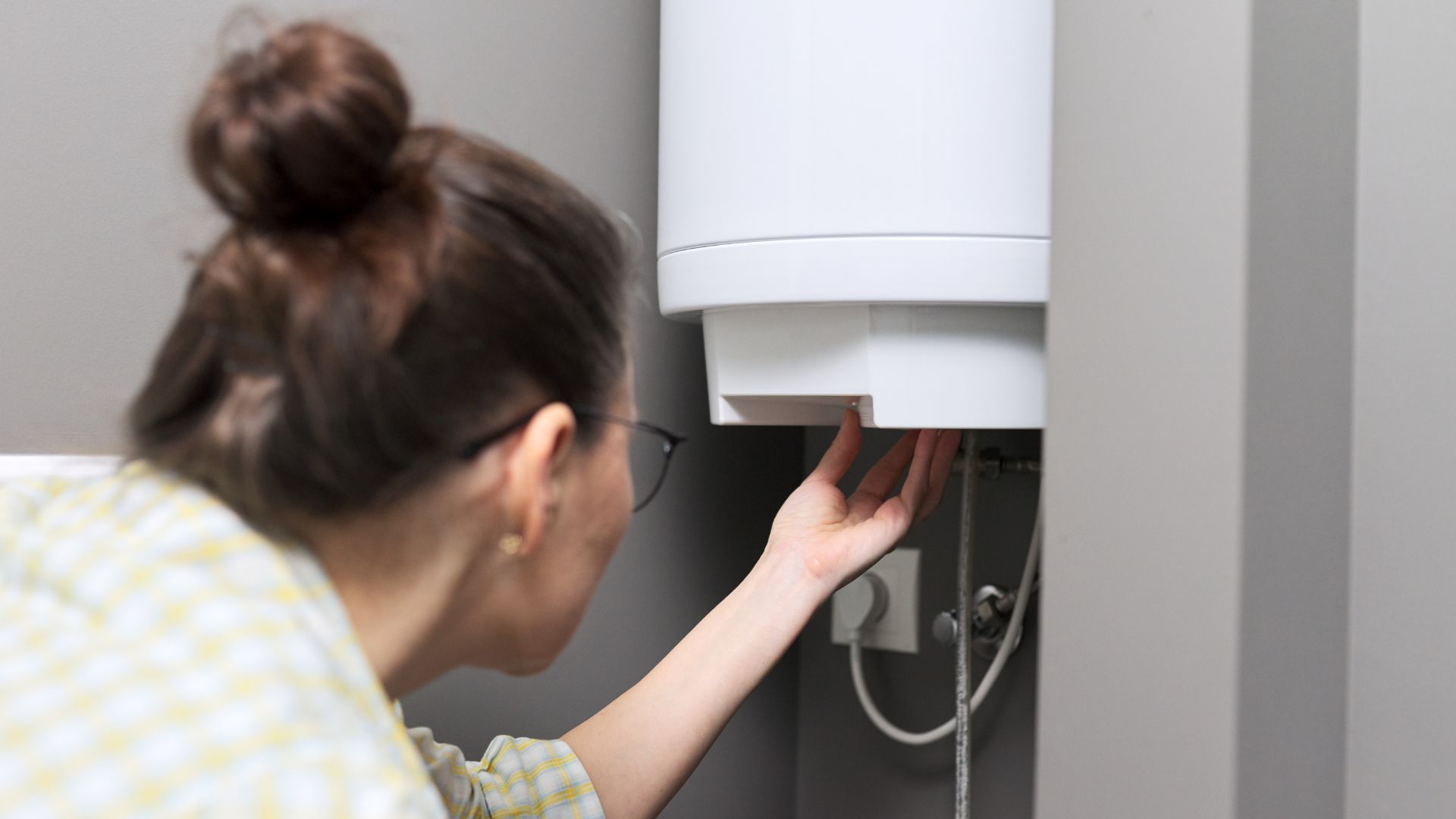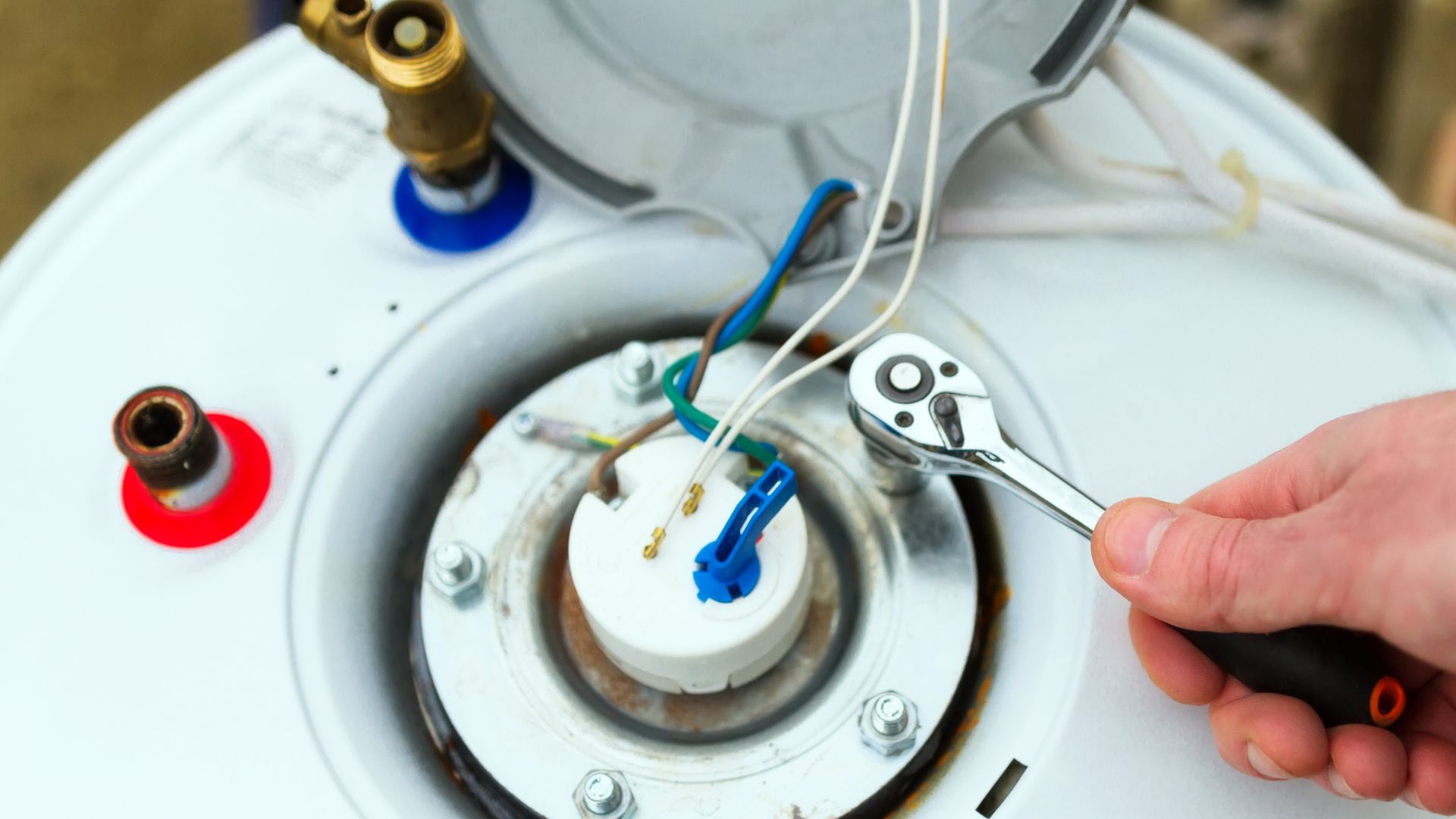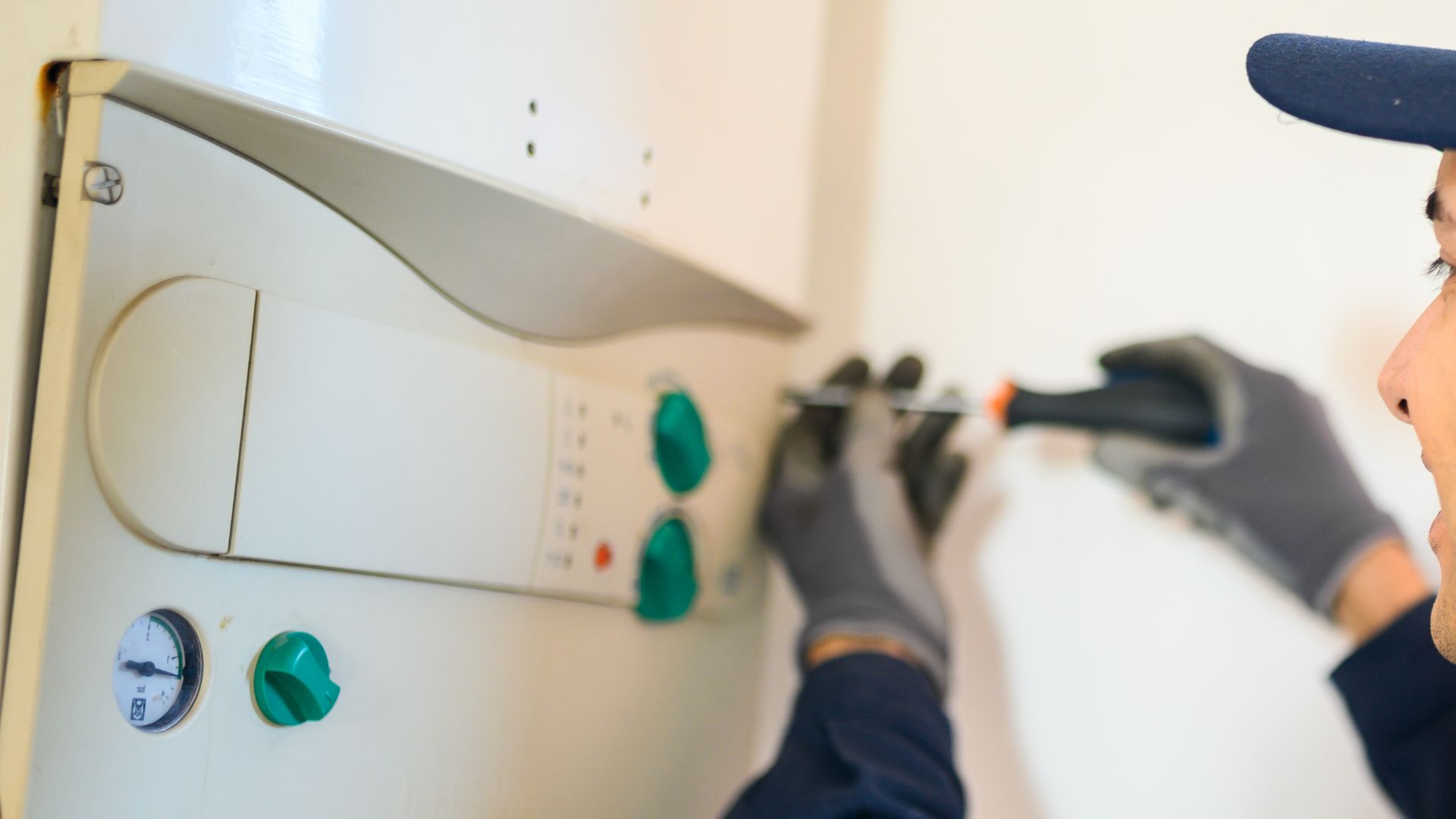Over half of Australian households rely on electric hot water systems, contributing to approximately 25 gigawatt-hours of flexible demand in our electricity network each day. With such a significant number of homes depending on these systems, it’s crucial to understand the common issues that can arise and how to address them effectively.
Electric hot water heaters are vital for everyday comfort, giving you a warm shower on chilly mornings, and hot water for cooking and cleaning. But if problems slip under the radar, they can quickly turn into major headaches, hitting your comfort and your wallet. Spotting and sorting out these snags early helps keep your system humming, slashes energy use, and saves you from steep repair bills.
In this article, we’ll explore the most common problems affecting electric hot water systems, provide troubleshooting tips, and discuss when it might be time to call in a professional.
No Hot Water: Common Causes and Solutions

When your electric hot water system fails to produce hot water, it can be both frustrating and inconvenient. Here are some of the most common issues that could be causing the problem and how to resolve them.
Power Supply Issues
Disruptions in the power supply are common culprits when your hot water heater stops working. A tripped circuit breaker, blown fuse, or faulty safety switch can cut power to your system. Check your breaker and fuse boxes to spot any issues. Resetting a tripped safety switch might just bring your hot water back.
Thermostat Malfunction
A malfunctioning thermostat or broken thermostat can stop the electric hot water heater from heating water properly. Ensure the thermostat setting is correct, and consider replacing the thermostat if it is not functioning.
Heating Element Failure
The heating element in an electric water heater can wear out over time. If your hot water unit isn’t heating water, a failed lower element may be the culprit. Regular maintenance can help prevent further damage, but if the heating element has failed, you may need professional help to replace it.
Homeowners can start by checking that power’s getting to the system, and peek at those thermostat settings. When it comes to electrical repairs, calling in an experienced plumber or electrician might be the best bet. More often than not, making sure everything’s running properly can get your hot water back in no time.
Inconsistent Water Temperature: Diagnosing the Problem
Water temperature fluctuations are a common complaint among those using electric hot water systems. Here are some potential reasons for inconsistent hot water flowing and what you can do about it.
Sediment Build-Up
As time goes by, sediment can settle in the tank, messing with heating efficiency and causing fluctuating water temperatures. To tackle this, regularly use the drain valve to flush the tank, or hitch up a garden hose to drain it fully. This step helps ward off leaks and keeps your shower reliably hot.
Faulty Thermostat Settings
Incorrect thermostat calibration or a malfunctioning thermostat can cause water temperature issues, such as hot water, typically too hot or lukewarm water. Testing the thermostat settings and adjusting the temperature setting can help address these issues.
Electrical Faults
Loose connections or other issues with electrical components can cause inconsistent heating. If strange noises, electrical shock, or major leaks are observed, it may indicate an electrical fault. Seek professional servicing to address loose inlet connections or wiring issues.
Regular maintenance, such as checking the pressure relief valve, safety device, anode rod, and plumbing fixtures, can also help keep your electric hot water system running smoothly and prevent further problems like water pooling, water leakage, or foul odours that smell like rotten eggs.
Water Leaks Around the Heater: What to Look For

Water leaks around your electric water heater are not only a waste of water but can also lead to damage in the surrounding area. Here are some of the most common causes of water leaks and what you can do about them.
Loose Connections
Loose fittings or connections around the hot water system, such as the inlet or outlet pipes, can cause leaks. These loose connections may result in water pooling around the water heater. Tightening these fittings can often solve the problem and prevent a major leak from occurring.
Pressure Relief Valve Issues
A faulty or broken relief valve can release excess water, leading to a water leak. Inspect the pressure relief valve regularly to ensure it is functioning properly. If the valve is damaged or leaking, replacing it can prevent further leakage.
Corrosion in the Tank
Rust or corrosion in the tank can cause cracks and lead to leaks. With time, corrosion can weaken the tank, causing failure. If you spot corrosion, it’s likely time to consider replacing the unit to dodge more trouble and halt any leaks.
Jump on loose connections, check the pressure valve, and swap out corroded tanks without delay to forestall more damage. Nipping these issues in the bud keeps your electric hot water system fired up, ready to give you those hot showers or taps exactly when you need them on chilly mornings.
Strange Noises: What They Mean and How to Address Them
Odd sounds from your water heater—whether it’s banging, popping, or hissing—often signal hidden issues. Let’s dig into some causes and fixes.
Sediment Build-Up: When sediment settles at the tank’s bottom, it can trigger popping or rumbling. This messes with efficiency and water temp. A thorough tank flush can quiet these noises and boost performance.
Water Pressure Problems: Hissing could mean high pressure in the system, pointing to possible relief valve or water supply issues. Checking and adjusting water pressure can sort this out.
Loose Heating Elements: Noise might stem from a loose or worn-out heating element. Tightening or replacing the element is often the solution.
If the strange noises persist for an extended period, or if you are unsure about electrical current or other electrical components, it is advisable to contact a professional plumber for further assistance. Regular maintenance can help ensure your water heater, whether electric or gas, continues working properly and provides reliable hot water, avoiding unpleasant surprises like a cold shower.
Water Smells or Looks Unusual: Causes and Fixes
Concerns about water quality, such as unpleasant odours or discoloured water, can be alarming. Here are some potential causes and how to address them.
Bacterial Growth: Bacterial growth in the storage tank can lead to a sulphur-like smell, often described as rotten eggs. Flushing the electric water heater and increasing the temperature for a short period can help kill bacteria and remove the foul odour.
Rust or Corrosion: Rust particles in the hot water typically mean there is corrosion inside the tank. This can cause discoloured water and may indicate a water heater that needs replacement. Regular inspection for rust and corrosion is key to maintaining good water quality.
Anode Rod Issues: The anode rod plays a crucial role in preventing corrosion inside the electric hot water system. If the rod is worn out, the tank becomes susceptible to rust. Replacing the anode rod can help maintain water quality and prevent discolouration.
Regular flushing and anode rod inspections are important to keep your electric hot water system working properly, ensuring clean and odour-free water.
Electric Water Heater Maintenance Tips to Prevent Issues

Proper maintenance of your electric hot water system can help prevent many of the common problems discussed earlier. Here are some actionable tips to keep your system running smoothly.
Regular Flushing: Flushing the water heater tank regularly helps remove sediment buildup, which can reduce efficiency and lead to issues like strange noises or discoloured water. Attach a garden hose to the drain valve and allow the tank to empty, preventing problems related to sediment accumulation.
Thermostat Checks: Periodically check the thermostat settings to ensure accurate temperature control. Incorrect thermostat settings can lead to inconsistent temperatures or even a cold shower. Adjusting the thermostat properly helps maintain a steady hot water supply.
Inspecting Components: Regularly inspect key components of your electric water heater, such as the anode rod, pressure relief valve, and heating element. Look for wear and tear, rust, or loose connections that could lead to bigger issues. Tightening fittings and replacing worn parts can help maintain system performance.
Professional Servicing: Scheduling regular professional servicing can extend the lifespan of your electric hot water heater. A qualified technician can check electrical components, ensure the pilot light is functioning, and make necessary adjustments to prevent breakdowns. Routine maintenance can save time, money, and prevent electrical current hazards.
Your Hot Water, Fixed Right—Every Time!
Addressing electric hot water heater problems promptly can prevent minor issues from becoming major headaches. Whether it’s a strange noise, discoloured water, or inconsistent temperature, taking quick action can help maintain the comfort and efficiency of your hot water system.
Fixed Today offers reliable, affordable, and efficient solutions for all your hot water system issues. With professional services, you can save time, effort, and avoid the complications that come with DIY fixes. From diagnosing electrical faults to replacing heating elements, our team is here to help.
Don’t let hot water problems disrupt your day. Contact Fixed Today for expert electric hot water services. Call us or visit our website to book an appointment or consultation and ensure your hot water system is working properly whenever you need it.














